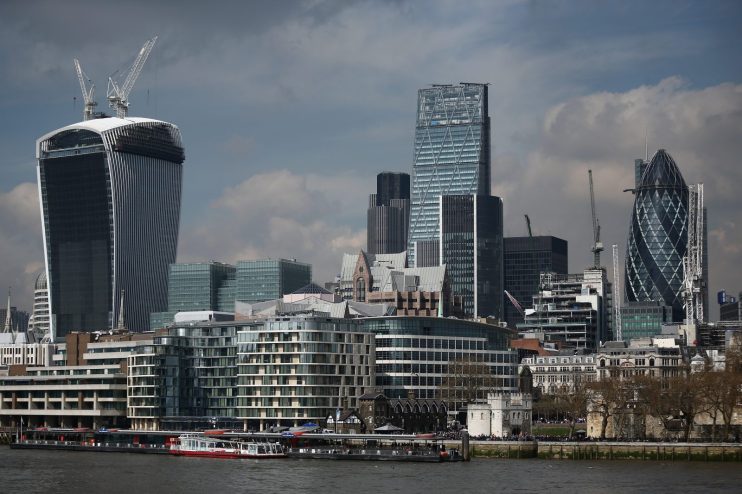FTSE 100 CEO churn reaches five year high, but women continue to miss out on top roles

Women are much less likely than men to secure the top job at Britain’s largest companies despite FTSE 100 firms shaking up their boardrooms at the fastest pace in five years, a new study out today shows.
Just 27 per cent of chief executive appointments on London’s premier stock index in the first six months of the year went to females, according to Russell Reynolds Associates.
Experts said advances are still too slow toward achieving greater gender diversity in the C-suite at Britain’s largest firms.
“The FTSE 100 is making progress towards gender parity and we are seeing a gradual ramping up of the rate at which women are being appointed CEO,” Laura Sanderson, UK country manager of Russell Reynolds Associates, said.
“But we must also be impatient for change. Until half of the people being appointed CEO each quarter are women, there is still room for improvement,” she added.
Efforts to expand female representation at board level have ramped up in recent years, with FTSE 350 constituents aiming to have four out of every 10 senior jobs held by women by 2025. They met that target early in February.
That drive is likely to have helped push the last six months’ female CEO appointment rate above the five year average of 16 per cent. On the UK’s mid-cap FTSE 250 index, 10 per cent of leadership appointments went to women.
There may be a renewed campaign for greater gender balance in boardrooms in response to signs that boards still “overwhelmingly favour men” for top jobs, Russell Reynolds Associates said.
FTSE 100 companies compare favourably to their international peers when it comes to female CEO appointments.
Over the last five years, just nine per cent of those gigs on the S&P 500 have been given to women.
European boards are the most likely to back women for the elite job, with females making up 20 per cent of CEO appointments on the Euronext 100 over the last five years.
Some 11 per cent of FTSE 100 CEO positions changed hands in the first half of 2023, the biggest share in five years and up 38 per cent compared to the same period a year ago.
A change of direction after the end of the Covid-19 crisis was cited as a motivating factor among FTSE 100 firms to oust their chief by Russell Reynolds Associates.
“Much of this is still part of post-covid reset strategies, as businesses adjust to realities of a world no longer reeling from a pandemic,” Luke Meynell, managing director, co-lead and co-lead global board and CEO advisory partners of Russell Reynolds Associates, said.
As a result boards may have been keen to revamp their leadership in a bid to repair their finances.
Going forward, CEO churn may settle down due to C-suites sticking with “a safe pair of hands to steer them through the turbulent waters ahead,” Meynell added.In the last three months, Vodafone, British American Tobacco and Diageo announced new CEOs.